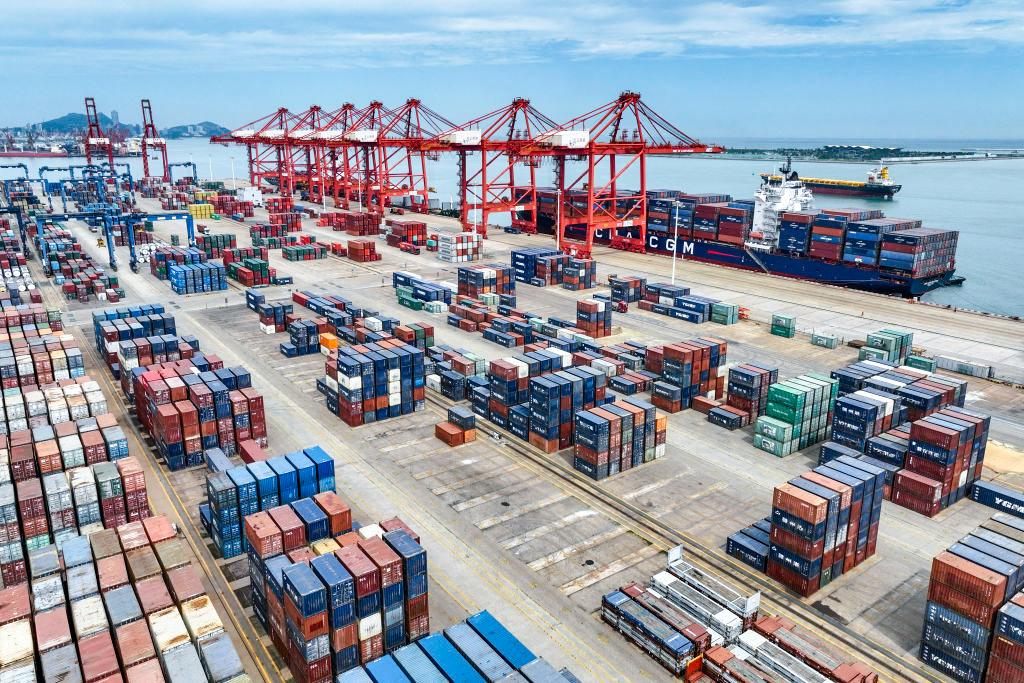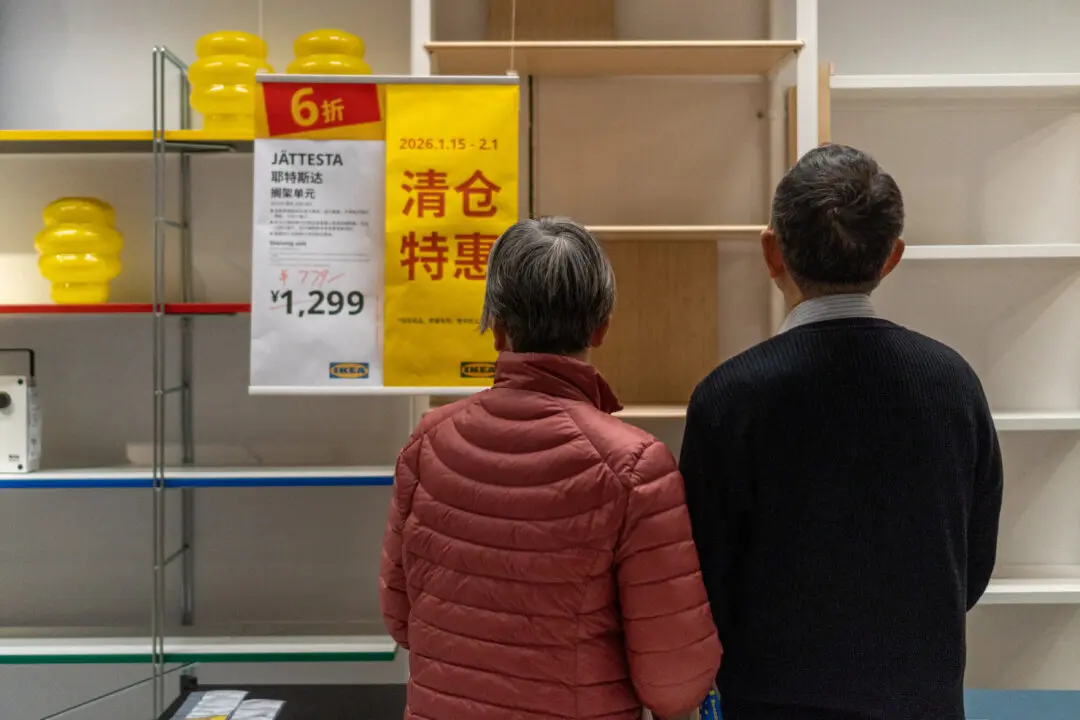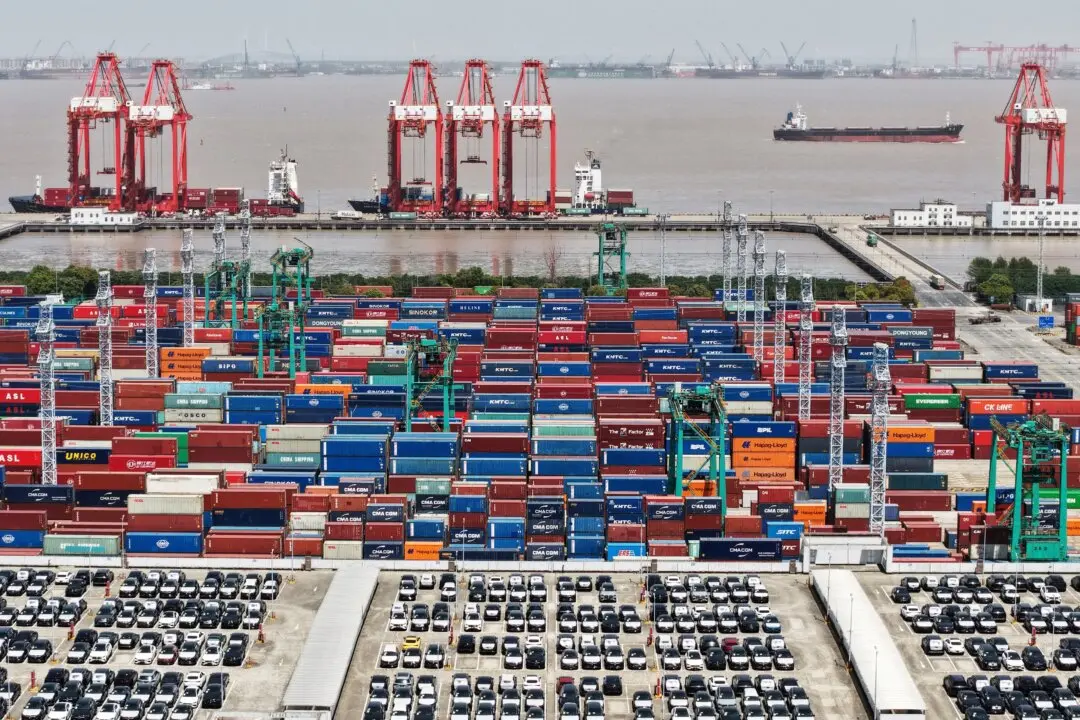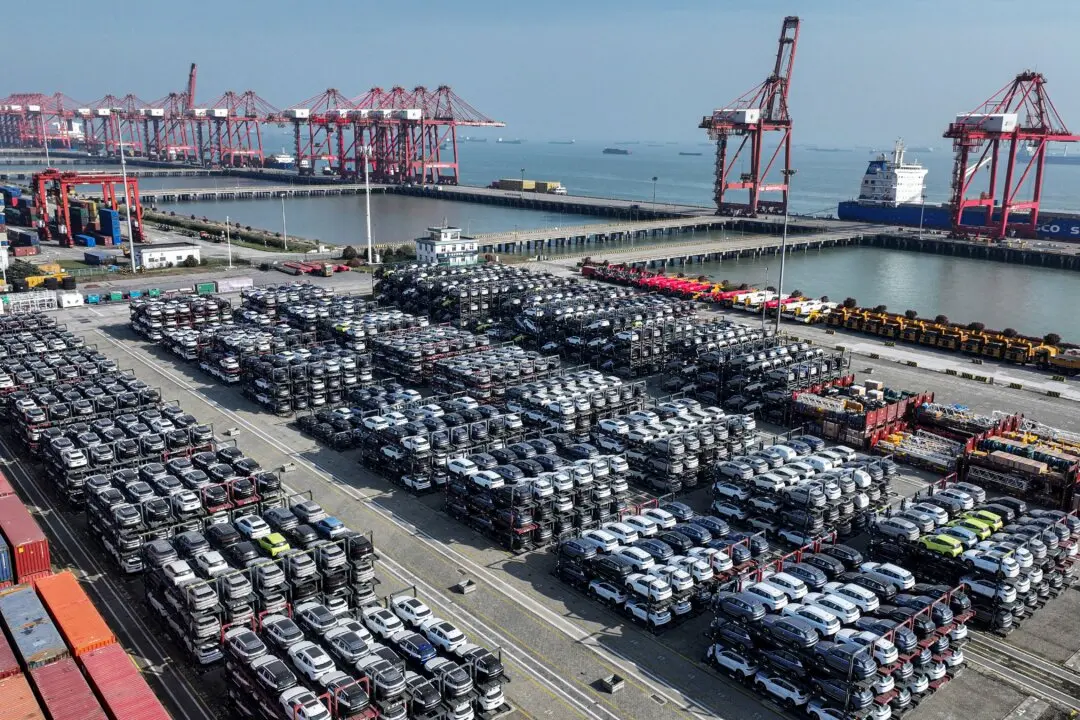Commentary
Although vast differences separate Vice President Kamala Harris and former President Donald Trump, the similarities between them when it comes to China trade and investing are striking. Both show every indication of sustaining the existing adversarial tone. There are, however, differences in the tactics each would pursue from the White House.





